Peking University Hong Men Dialogue” The Crisis of Liberalism and the Construction of the Future International Order" Successfully Held
Date:2019-10-30
At 2 pm on September 25, 2019, Hong Men Dialogue "The Crisis of Liberalism and the Construction of the Future International Order: An Interdisciplinary Dialogue about Philosophy, Law and International Relations" was held successfully in Lecturer Hall, Koguan Building, PKULS. Prof. Anne Orford from Melbourne University Law School, A.P. Jarna Petman from Stockholm University, director of research center “China and the World “of Peking University International Studies School Prof. Pan Wei, Prof. Bai Yidong from Fudan University Philosophy School and director of the Institute of International Law at Peking University prof. Li Ming participated in the dialogue, while A.P. Chen Yifeng from PKULS was the host. Prof. Murakami Shin’ya from Sophia University, Japan, who is also a member of the United Nations International Law Committee, served as a commentator. During the dialogue, scholarsconducted in-depth and confrontational discussions on the origin, operation and challenge of the liberal international order and the role of China in the future world order.
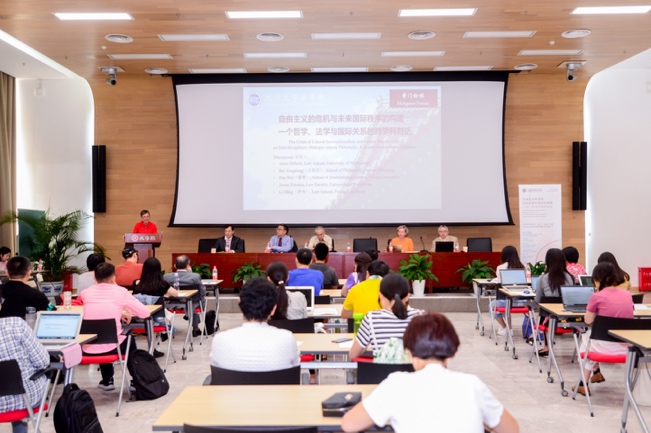
In the opening speech, Prof. Anne Orford quoted Chinese Foreign Minister Wang Yi and US President Trump's speech at the 74th UN General Assembly and summarized two different attitudes toward the future international order. She also suggested that the liberal international order includes two different levels of meaning.
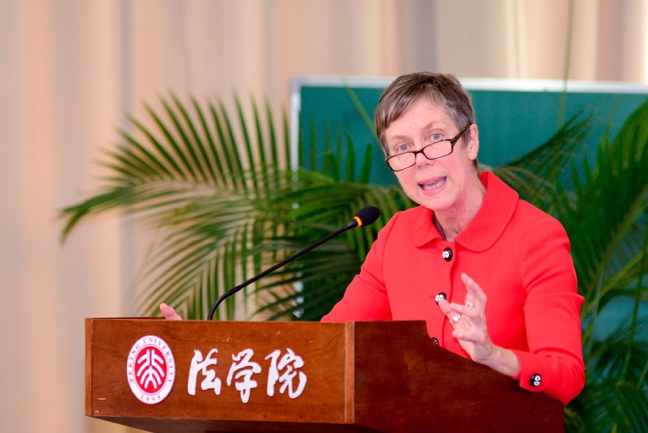
Prof. Bai Yidong then proposed a new way of constructing an international order from the perspective of Confucianism. Based on the Confucian people-rooted thought, he also put forward that the rights and interests of the people should be taken into consideration when formulating international policies rather than overall interests of sovereign states.
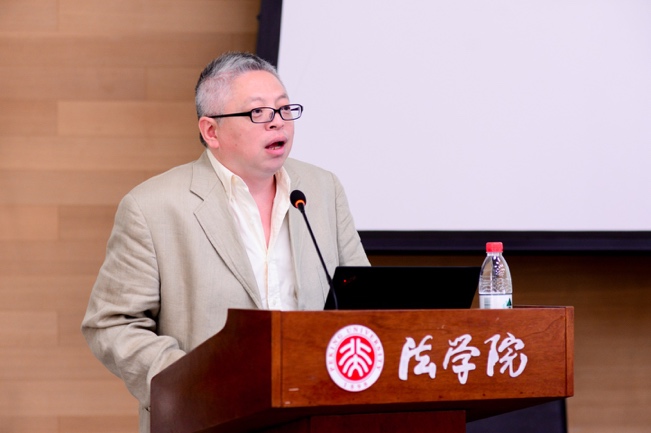
Prof. Pan Wei also analyzed the development of the liberal order, the actual crisis and its future development from the perspective of international relations. He believed internationalism is of vitality. Meanwhile, It is necessary to take a positive view on the rapid changes in the world order.
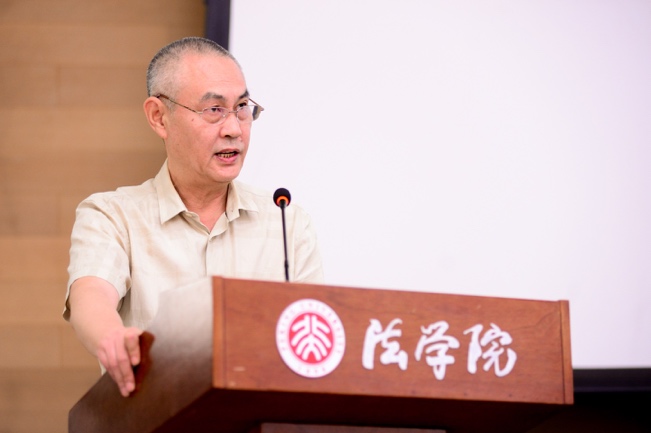
Later, Prof. Jarna Petman elaborated her animadvert on the liberal international order and her concept of the future international order. She pointed out that the existing liberal international order is nothing but a way for Western powers to consolidate their political and economic privileges. As international law scholars, only by critically exploring the unequal legal framework and resource allocation behind the label “liberalism” will the fair international order become a reality.
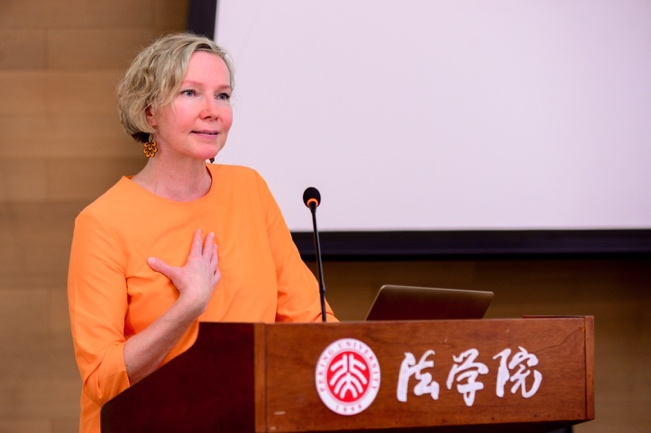
Prof. Li Ming expressed his views on the current international order. He indicated that this order, which was established by Western countries, is a west-centrism order maintained by soft and hard power. At present, the liberal international order faces two main challenges: one is the “American priority” principle, which is violation of the international order established by the United States, the second one is the rise of China.
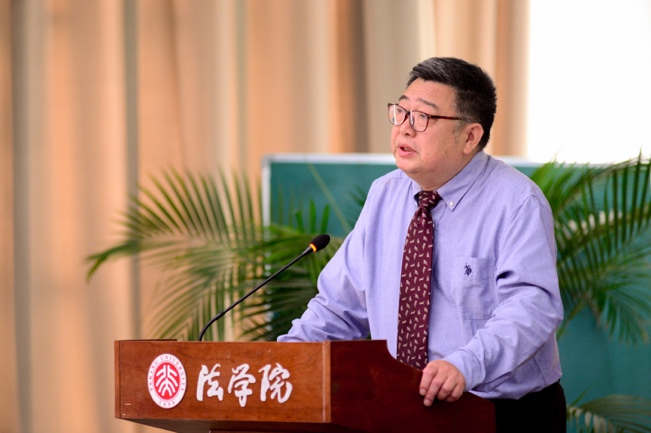
In the discussion sessions, there was a heated discussion about the crisis of liberalism, the role of international organizations and multilateralism, the role of international law in the international order, the nature of Sino-US trade wars and China’s role of future world governance.
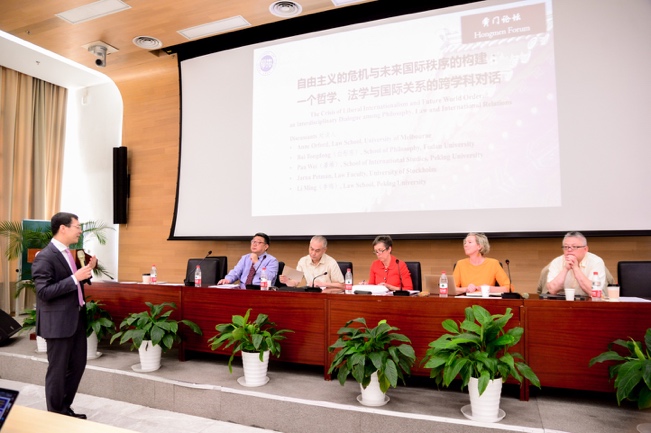
In the final free question and answer session, the students who attended the dialogue communicated with the scholars on the connection between philosophy, law and international relations.
The "Hong Men Dialogue" was hosted by Peking University Graduate School, Peking University International Cooperation Department and Peking University Law School. Also, it was co-hosted by Institute for International Law, Peking University. and Research Center for Global Law and Policy,Peking University.
Translated by: Zhao Meng
Edited by: Zhao Meng



